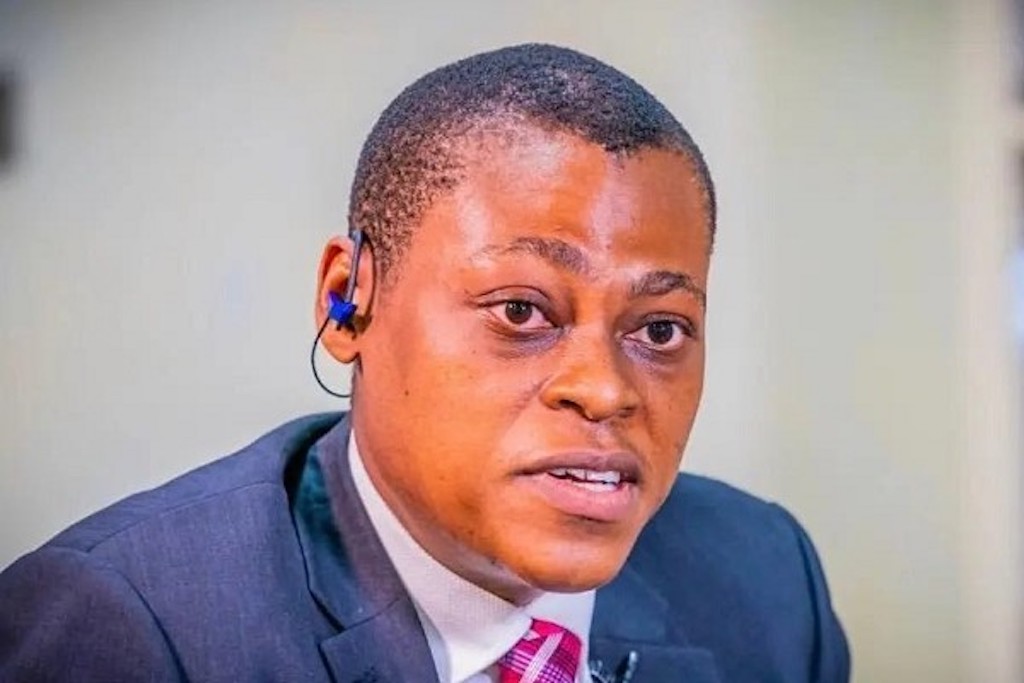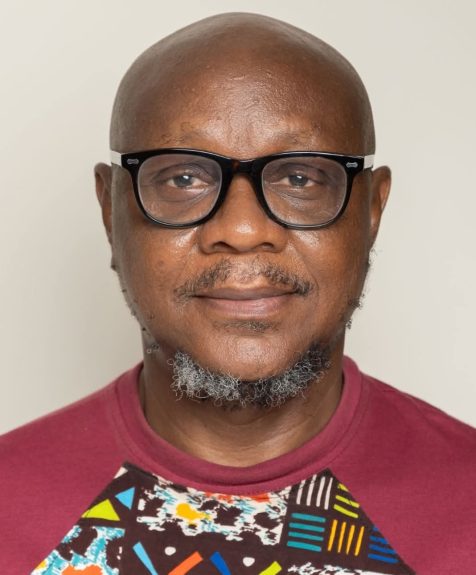
Ibanga Isine
The recent exchange between Rufai Oseni of Arise News and Nigeria’s Minister of Works, David Umahi, has sparked a firestorm of debate on social and traditional media. Many believe Rufai was disrespectful, others claim he overstepped ethical lines, and a few of my colleagues in the media have even argued that he is “not a journalist.” Despite the noise, one fact sticks out: Rufai Oseni did what real journalists are meant to do: speak truth to power by any means necessary.
Rufai questioned Minister Umahi on road contracts, transparency, and his ministry’s performance during a fiery appearance on The Morning Show. While it was a moment of tension, it was also a moment of truth. The interview wasn’t about personality or ego; it was about accountability. If you ask me, I will tell you that what Rufai did was precisely what I would have done because that is the soul of journalism.
We are talking about a multi-trillion-naira contract that did not pass through public procurement, was not debated as a budget item and passed by the National Assembly before it was awarded. If anyone has a record of when the contract was advertised and when the National Assembly appropriated the money before the contract was awarded, I will tender an apology publicly. Hence, what Rufai did to Umahi wasn’t in violation of the ethics of journalism that I know and teach.
Critics frequently forget that journalism is not always a polite conversation. There are times when journalists must be firm, probing, and persistent, especially when those in power prefer to evade the truth. This is referred to as adversarial journalism, a type of reporting that questions authority and refuses to be intimidated by public opinion. Far from being unethical, adversarial journalism is the very essence of democracy.
It is what we need in Nigeria, where public officials and politicians have elevated themselves to the status of gods. Without it, public officials would have little reason to fear scrutiny, and that would leave the citizens in the dark. Just like adversarial journalism, undercover journalists use techniques that are regularly attacked by liberal thinkers, but this criticism has never diminished the value and power of undercover reporting.
The exchange between Oseni and Omahi also falls into the genre of advocacy journalism, which is at best ethical. Advocacy journalism simply means using one’s platform to promote fairness, justice, and the common good. When a journalist insists that government officials answer difficult questions about how taxpayers’ money is spent, they are advocating for good governance, not bias.
It is also absurd to argue that Rufai is not a journalist. Titles and years spent in a newsroom do not define journalism. It is defined by a commitment to truth, inventiveness, courage, and the common good. Some of the best journalists globally didn’t study Communication and Media Studies. They pick up certificates in some of the best institutions and also learn through the job under the best hands.
Rufai Oseni has often displayed qualities of a courageous and fire-spitting journalist, both on and off the air. His consistency in demanding accountability from political leaders, whether they are from the ruling party or the opposition, positions him as a true journalist—one who refuses to submit to power. He is a worthy advocate in the court of public opinion.
During my back-to-back appearances at the Presidential Media Chats in 2015, I took the same strategy when I tackled President Goodluck Jonathan in February and President Muhammadu Buhari in December of that year. While many Nigerians commended my boldness in facing the two presidents, others criticised my personality and professionalism.
That incident taught me what Rufai is currently facing: when journalists dare to do their jobs properly, the retaliation may be as fierce as the truth itself. In every democracy, journalists such as Rufai are frequently misinterpreted. The powerful describe them as “disrespectful.” The timid refer to them as “unprofessional.” However, history demonstrates that societies thrive because of journalists who ask difficult questions when others remain silent.
Universities and other tertiary institutions in Nigeria must begin to teach students about adversarial and advocacy journalism as part of their curriculum. Journalism pedagogy should go beyond writing and reporting and incorporate critical thinking, ethical conflict, and public accountability. Similarly, people urgently need media literacy to understand why journalists must occasionally push public officials beyond their “comfort zone.” This is not rudeness; it is responsibility. The media exists primarily to hold the powerful accountable.

If David Umahi felt uncomfortable under questioning, perhaps that discomfort is the price of public office. After all, ministers do not hold their positions for prestige; they hold them in trust for the people. And those people have the right to know how their roads, bridges, and budgets are managed.
They have the right to know the cost of a kilometre of road, especially if the contract has been awarded and is being executed. If the public officer cannot answer a simple question like that, then the journalist is right to switch to an adversarial technique, which uses phrases like “I put it to you,” which is also used by lawyers in adversarial cross-examination. Both in the court and the newsroom, the goal of the adversarial technique is never hostility. The goal is to test the truth through rigorous questioning.
In court, lawyers use the adversarial technique to question witnesses, which is often aggressive, to expose inconsistencies, dig for facts, or clarify ambiguities. The lawyer who uses that strategy is not disrespectful. They are performing their duties to ensure accountability and justice. In adversarial journalism, the journalist is not pitted against the public official. They are the advocates of the public and are expected to rigorously question the claims made by those in positions of power. Democracy thrives when journalists cross-examine those in power to verify facts and enforce accountability, just as lawyers cross-examine witnesses to prevent deception from shading the truth. Both are manifestations of public service, one in the court of law and the other in the court of public opinion.
Ultimately, the real problem is not Rufai Oseni’s tone or approach, but our rising intolerance of accountability. When journalists can no longer challenge leaders without being attacked, the threat is not Rufai’s reputation, but Nigeria’s democracy. Rufai may be strong, even fiery, but his fire burns the conscience of the press. And that, ultimately, is journalism at its finest.
Ibanga Isine of Guardpost.ng is an investigative journalist, media manager and human rights activist
